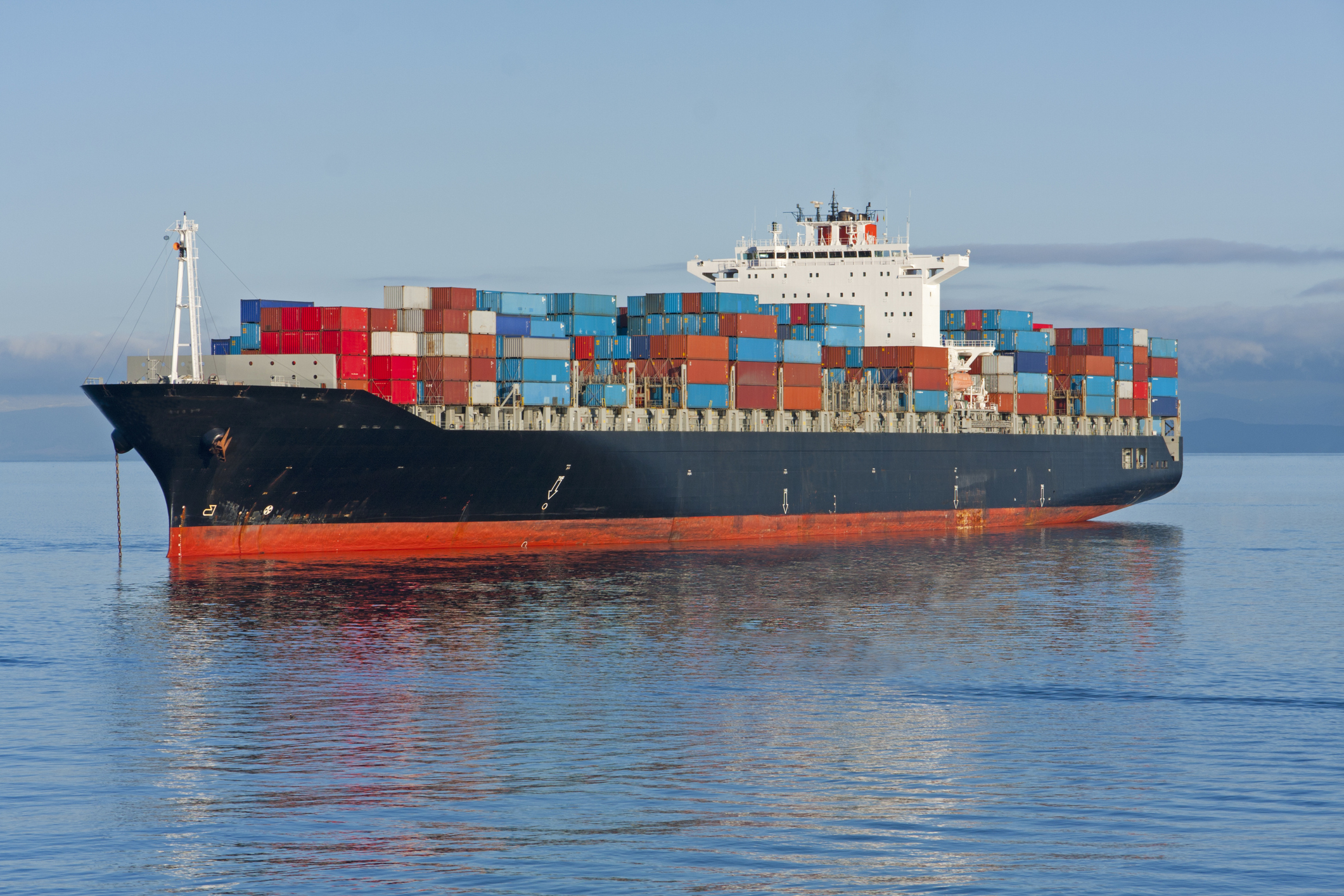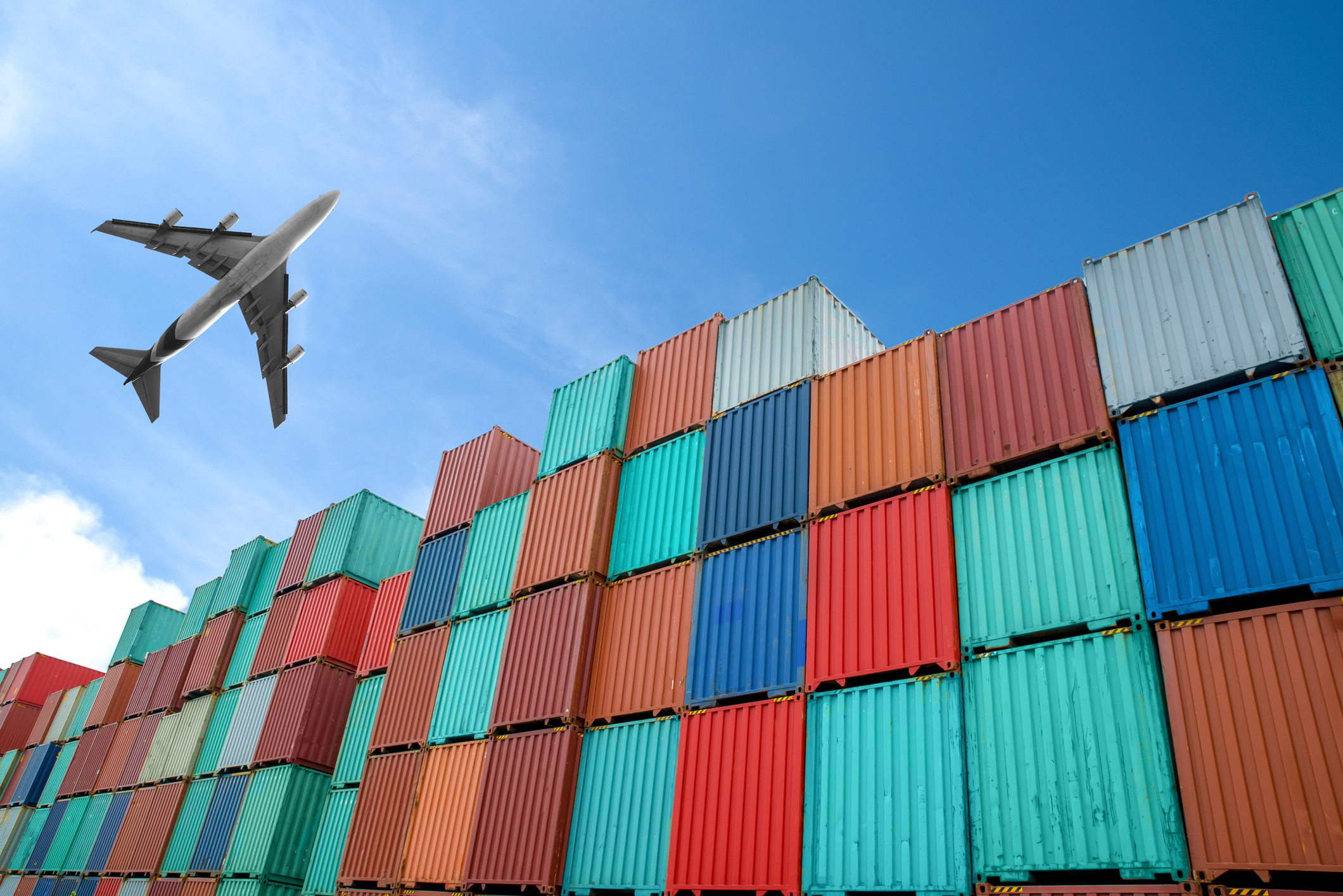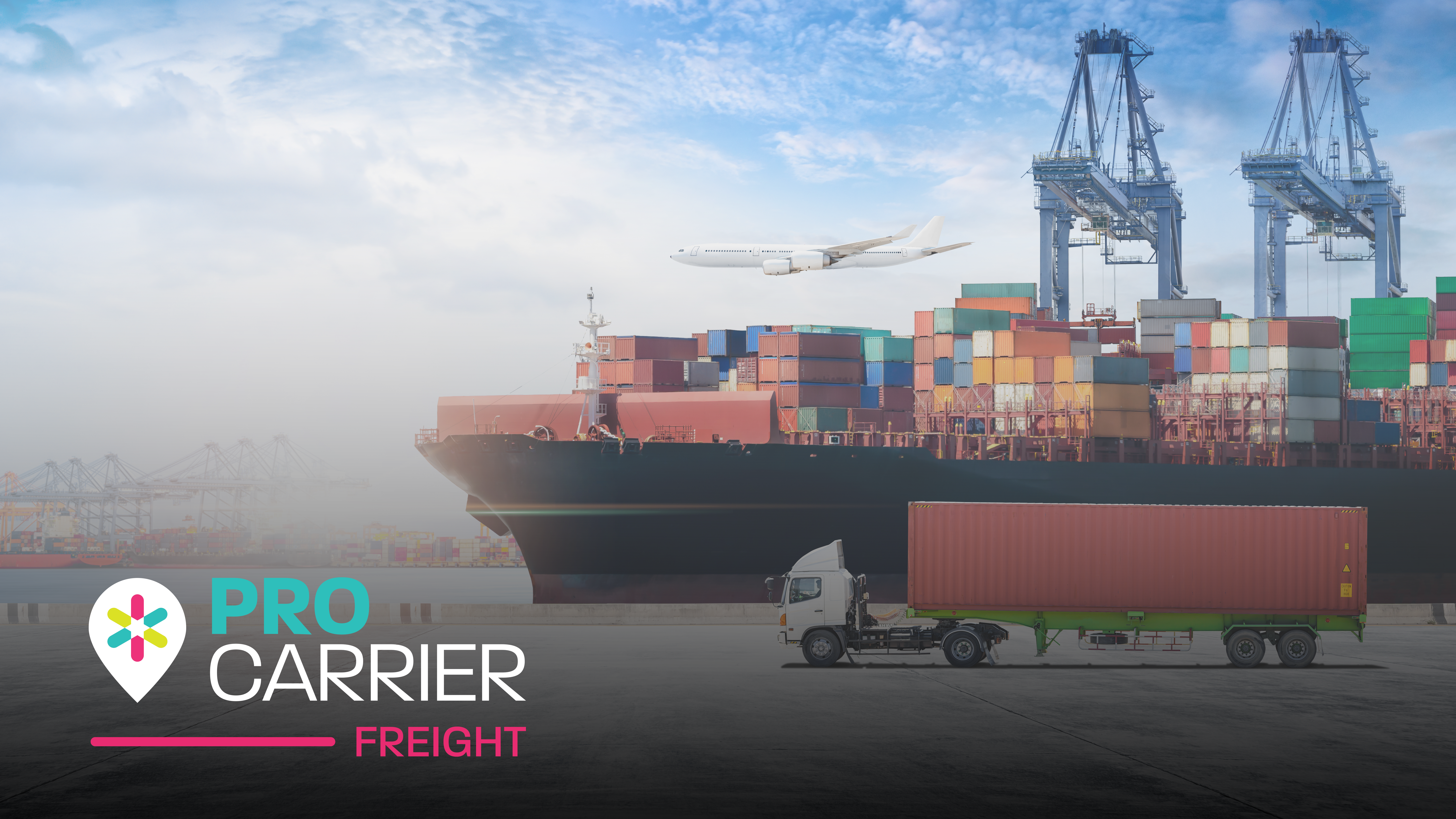Topic of the week: A Year of Transformation and Growth for Amazon Air Cargo
Amazon Air Cargo has undergone significant transformation in the past year, evolving from an opportunistic venture to a core business. The company has seen a substantial increase in customer base, doubling it since its official launch last year. This growth is a testament to the company's ability to adapt to changing market conditions and meet the evolving needs of its customers.
Amazon Air Cargo has maintained a high level of customer satisfaction, with a score of 4.75 out of 5. Customers consistently praise the company's strong service levels, which have been a key factor in its growth. The company's commitment to providing reliable and efficient services has helped to build trust with its customers and establish a strong reputation in the market.
One ongoing challenge for Amazon Air Cargo has been addressing the perception among some shippers that their cargo might be bumped in favor of Amazon's own e-commerce volumes during peak periods. To address this, the company has introduced a no-bumping guarantee, which assures that once a customer books space, the cargo flies as booked. Additionally, Amazon Air Cargo has introduced a money-back guarantee for new customers, which provides reimbursement of up to $10,000 per flight if a shipment arrives more than two hours late due to an Amazon service failure.
Amazon Air Cargo has made significant investments in its digital booking and quoting tool, developed in-house. This tool provides customers with a seamless and efficient way to book and manage their shipments, and is a key part of the company's strategy to improve customer experience and drive growth. The company has also expanded its international operations through several carrier collaborations, including a daily Boeing 767-300 freighter operation between Miami and Bogotá.
Amazon Air Cargo's network planning is driven by both Amazon's e-commerce flows and cargo customer needs. The company uses an in-house network design tool to identify the most optimal combined network, taking into account both Amazon's retail volumes and cargo customer requirements. This approach allows the company to provide a tailored service that meets the needs of its customers and drives growth.
Amazon Air Cargo's fleet comprises more than 100 aircraft, operating over 250 daily flights across 65 destinations, seven days a week. The company has been adding Airbus A330-300 freighters as part of a fleet-modernisation effort, which provide greater capacity, improved emissions performance, and lower unit costs. The A330Fs have also supported expanded operations in Latin America, and the company is expected to continue adding more of these aircraft to its fleet in the coming years.
Amazon Air Cargo is expected to continue growing, with further international collaborations and fleet additions planned. The company's focus on customer needs and network planning will remain a key driver of its growth and development. As the company continues to expand its operations, it is likely to face new challenges and opportunities, but its commitment to providing a high-quality service to its customers will remain a key priority.
Sea:
- Over the last two weeks, China/East Asia to North America West Coast spot rates have decreased by 38.6% from $2,793/FEU to $1,714.5/FEU, according to Freightos data.
- China/East Asia to North America East Coast spot rates have risen over the last two weeks, decreasing by 23% to $2,863/FEU.
- Global container spot prices have risen over the last two weeks, and are now sitting at $1,799/FEU, a 17% increase over the last two weeks and a 49.4% decrease from spot rates this time in 2024, according to the Freightos Baltic Index (FBX).

Air:
- Global Air Freight spot rates currently sit at $2.41, as rates continue to fluctuate according to the Freightos Air Freight Index (FAX)
- Europe to Northern America spot rates currently sit at $2.31 (100-3000 kg), says FAX, decreasing by 5%.
- Europe to Asia, Greater China spot rates currently sit at $1.16 (100-3000 kg), says FAX, remaining the same.




